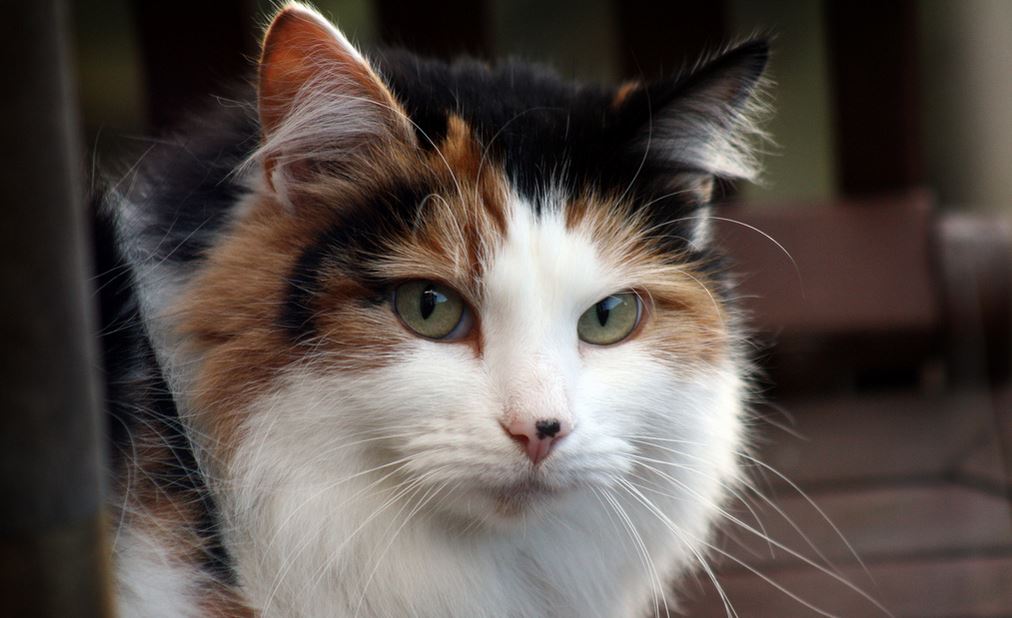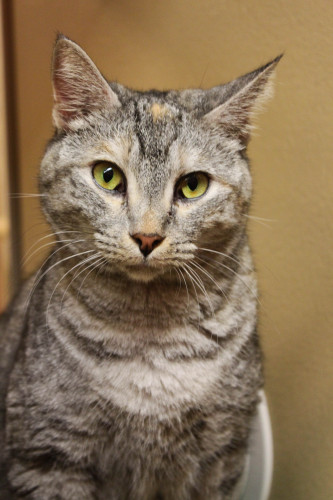Best Cat Health Insurance & More

Here you will find some valuable and useful information about cat health insurance and how to find the right company to meet your needs.
Before you purchase pet care or health insurance for your cat or cats, you should consider the following:
1. Does the company use a network or provider list? This is very important, you may consider to stay with your current veterinarian, and he may not be part of the network/provider list. Fortunately, most of health insurance for pets allow you to use any veterinarian of your choice. Thus, it is important that you review their policy, terms and conditions prior your commitment.
2. Be aware of the conditions that are excluded from the cat health insurance plan. The most common exclusion is the "pre-existing condition," which is defined as:
"A
pre-existing condition is an illness or condition which first occurred
or displayed signs and/or symptoms prior to your cat’s coverage
effective date. A pre-existing condition can also be an injury or
reoccurrence of an injury that occurred prior to your cat’s coverage
effective date." (definition provided by: Trupanion)
Another exclusion is the congenital disorders or developmental defects, where "Congenital disorders are medical conditions that existed at the time of your pet's birth. Developmental defects are problems that come up because of faulty development." (definition provided by: VIP Pet Insurance)
Additionally, basic cat health insurance plans may also exclude: preventable conditions, elective and preventive procedures, non-veterinary expenses (e.g., food, special diets, vitamins and supplements), breeding and reproduction expenses, parasites testing, treatment or prevention, and more.
3. In addition to the monthly fee, there are companies that also charge a flat deductible fee, which can range from $50 to $100, depending on the age of the cat, and will vary depending on the procedure required. Additionally, almost all pet health insurance companies will require a co-pay, ranging from 10% to 20% of the veterinarian's fee.
4. Most cat health insurance companies utilize a cap, which is the maximum amount for each covered illness or procedure. In addition to the incident cap, companies also have an annual cap, where no further coverage is provided for that calendar year once the maximum coverage is reached.
The cap amount will vary from company to company and the type of plan selected. Although, there are pet insurance companies that offer no limit per claim, per incident, or per year, and no lifetime payout limit.
5. While researching for the right company, be sure to compare each company "schedule" after deductible or flat percentage payment. In another words, they will not pay you back the actual veterinarian bill, cat health insurance companies have a percentage rate, varying from 75% to 90%, which is the reimbursement amount you will receive after the deductible amount is paid.
6. Another important factor is the waiting periods. You must ask the company how long it will take to receive full coverage benefits.
In addition to the health insurance, you may consider adding additional services, such plan for accident, dental care, extended cancer coverage, preventive care, policy for senior cats, and others. Choosing the right plan for your cat will help you to save premium costs.
Keep in mind that cat insurance, allows cat owners to rest assured that the financial strain will be lessened, and will give you peace of mind in case of an illness or accident. Your cat can be well cared for without financial burden.
Return from Cat Health Insurance to Our Home Page
Healthy Cat Treat

Subscribe to Our Love Cats Digest e-zine
"A cat improves the garden wall in sunshine, and the hearth in foul weather." - Judith Merkle Riley
Marketing Strategies by









New! Comments
Have your say about what you just read! Leave me a comment in the box below.